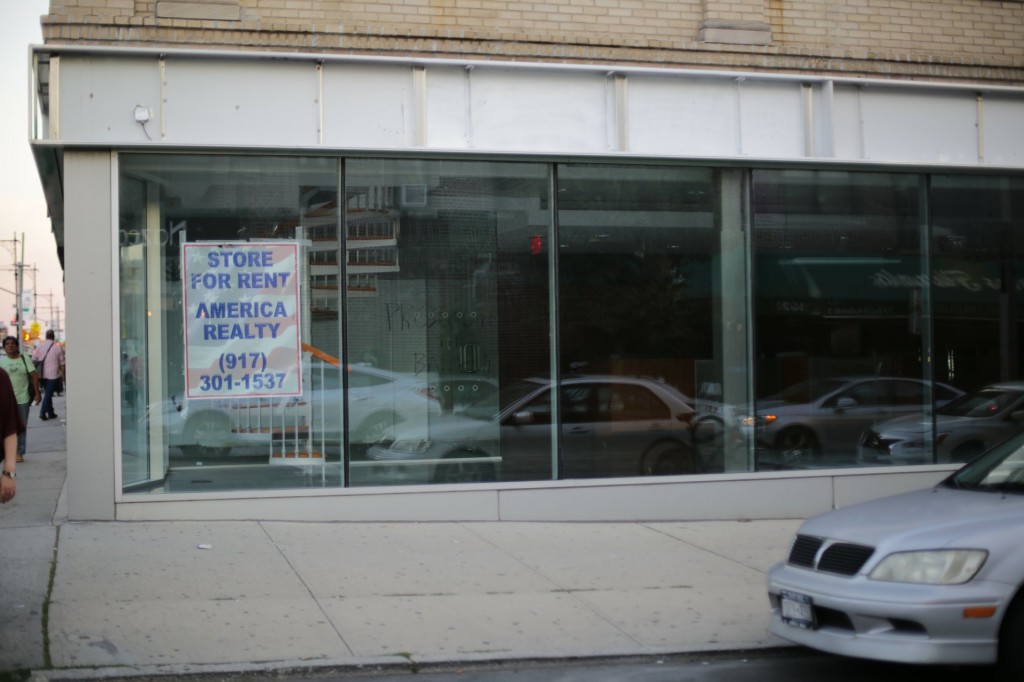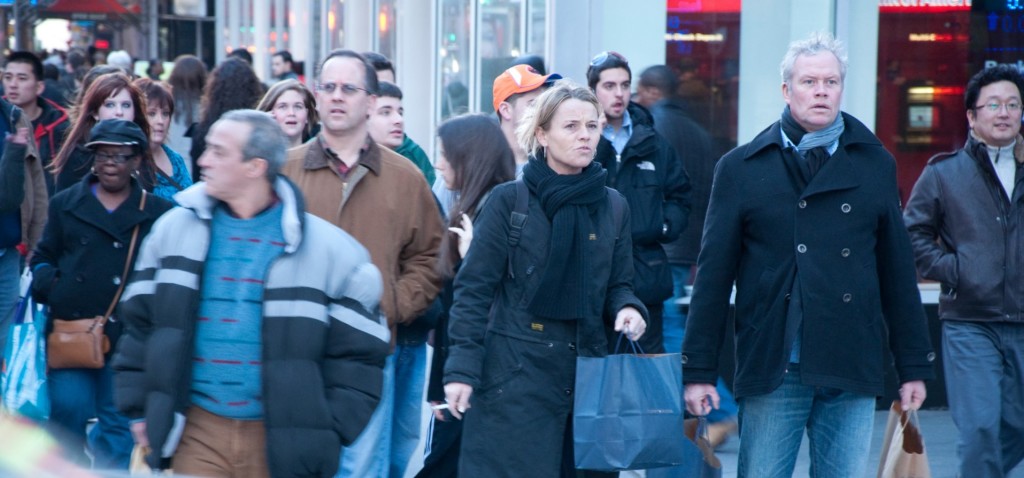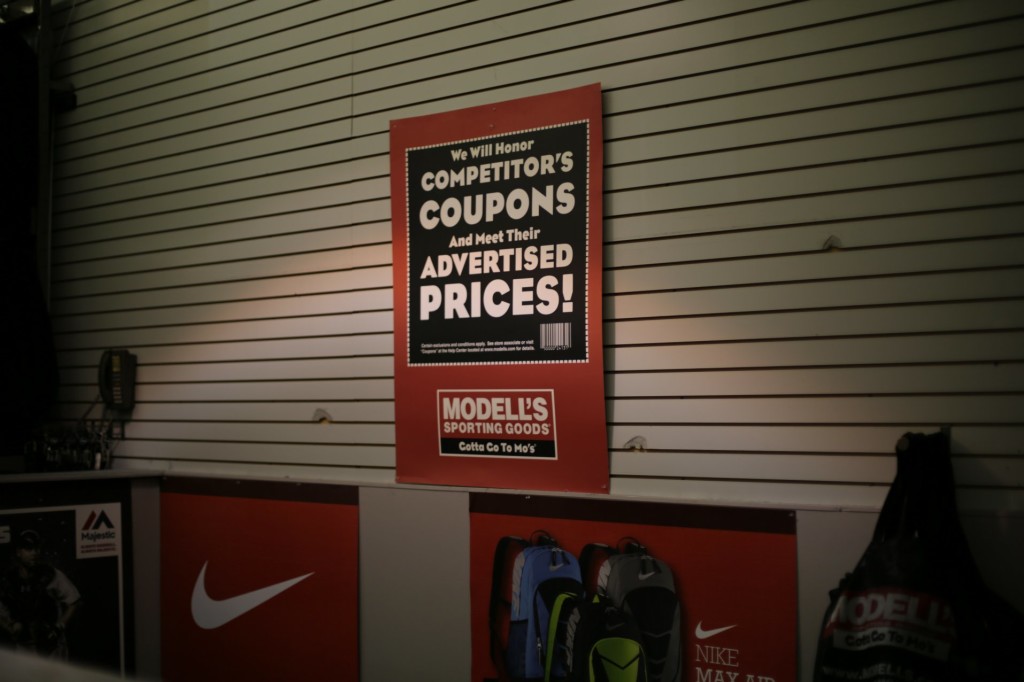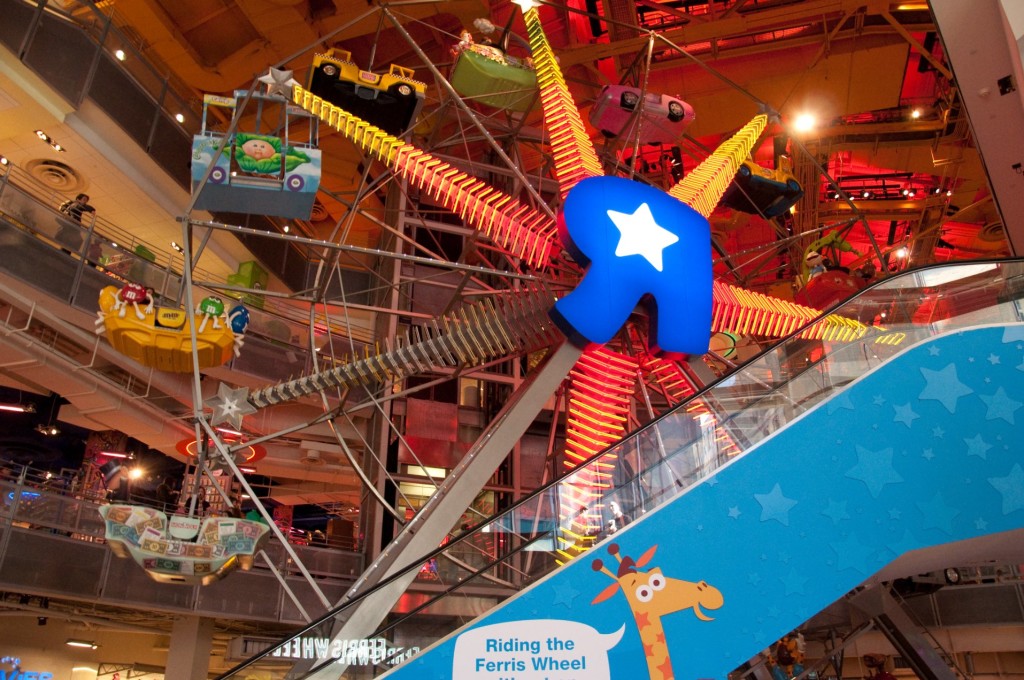
In terms of a retail store location, you have two paths to glory and business success.
The first one is to trust your gut feeling and learn it the hard way. Casualties are inevitable unless you're lucky as seven, or a natural born retail genius. The second route is to make an educated guess, based on self-assessment. Use your sober judgment, public data and think of all the examples the relate to your case. After all, millions of entrepreneurs have been in your situation before. Many have failed, some quickly, some in slow and painful manner - why? Many have succeeded, and built large retail chains - why?
When you think of it, no success story in brick-and-mortar retail can happen in a poor location.
Sometimes the location seems like a bad choice, but then again there must be an advantage. Maybe the location is amazingly logistically, so the retailer can keep prices lower? Or is the neighborhood quickly evolving? Picking the retail location is crucial for success, but don't be scared. After all, all you need to do is choose several possible locations and compare these. Don't look for an utterly perfect location for anybody, look for the best spot for your business. So what we suggest, is that you compare the retail locations, using a rather simple questionnaire. People who work with locations in large retail chains use similar mind-maps, and as you have probably noticed, the large retailers tend to be much more successful nowadays, gulping small companies for breakfast, lunch, and dinner.
Just fill it for each location, or add pros and cons to each option, using the questions as a mind map.
How much retail, office and storage space do you need? Is there room to grow if you start with minimal retail space?Does the location meet your technical needs?
Electricity, gas, sewer system. Building and renovation of vital systems can be costly.
What is the overall nature of the neighborhood you're considering to do successful business in?
Is it a business or a residential neighborhood? Central or borderland? Is the neighborhood new or old, is it on the rise, or declining? Are its people poor, rich, or average? Are there cultural or ethnic groups with an other-than-average shopping list? Is the majority of prospective customers in the young or middle-aged group? Will the location offers you a loyal and local customer base, or you have to attract passing customers? Both can be good, you just need to adjust your business accordingly.
How does the pedestrian traffic move?
There's a general rule: a good

location for a retailer seeking the customer on a planned shopping trip is along the right-hand side of the main street leading into a shopping district and adjacent to other streets carrying traffic into, out of, or across town.
If you think you like the location, visit it on various hours of the day, on working days, and during weekend. You could be surprised! The general rule may not be working, either. Count people, and mark it down. Don't count one by one, but estimate precisely enough so you can compare locations later on. How many people on "your" side of the street? If it's the opposite side they prefer, they are not you customers.Which other retail stores are near neighbors? Do these stores draw people past the location, or lure them to take another route? Is there a theater or a movie house nearby?
Does your direct competitor already operate in the neighborhood?
 How are they doing? Do you have guts and a strong sales proposal to steal their clients? In some cases, several shops of a similar kind can do just fine side-by-side. Is there metro, a bus stop, a streetcar stop, or a bus depot nearby? Does the location stay on the way from the public traffic stop to the most important local destination? Is parking space available and adequate? Are there any legal restrictions? A bar may not operate in the vicinity of a school. And in most countries, you wouldn't risk selling sex toys next to a church. Check with the local community, if the spot seems suitable for your retail outlet. Is there adequate fire and police protection? It's not needed most of the time, but when it finally is, you want it fast. Other questions will pop up by themselves. In no doubt, these have been answered before by people planning to open a new store. Have the answers been accurate? Just look at the retail stores that operate in the neighborhood. If they are doing fine, and the location stands out from other options, go and talk to the local shop owner. If you have guts, you can ask your competitor, too. Even if you are comparing just two locations, it is far better to write the answers down. Analyze them, and try to filter out your personal feelings that might cloud the judgment. People in the bank that finances your business can give a good piece of advice. Before you sign the contract, consult electricity, gas and water suppliers. They want to help you because they will profit when you profit. One might ask, are there ideal retail locations where success is assured? In theory, a corner with a lot of pedestrian traffic passing along two streets, with windows facing both streets, entrances on each and with another entrance within the building should guarantee your luck. In practice, the answer is no. Success is not static, you need luck and you have to work. Each business is different and neighborhoods change, so no guarantees. In any case, if you analyzed it beforehand and made your best guess based on reasoning, not emotions, you should focus on work without further hesitation. You did your best and now it's time to continue doing your best.
How are they doing? Do you have guts and a strong sales proposal to steal their clients? In some cases, several shops of a similar kind can do just fine side-by-side. Is there metro, a bus stop, a streetcar stop, or a bus depot nearby? Does the location stay on the way from the public traffic stop to the most important local destination? Is parking space available and adequate? Are there any legal restrictions? A bar may not operate in the vicinity of a school. And in most countries, you wouldn't risk selling sex toys next to a church. Check with the local community, if the spot seems suitable for your retail outlet. Is there adequate fire and police protection? It's not needed most of the time, but when it finally is, you want it fast. Other questions will pop up by themselves. In no doubt, these have been answered before by people planning to open a new store. Have the answers been accurate? Just look at the retail stores that operate in the neighborhood. If they are doing fine, and the location stands out from other options, go and talk to the local shop owner. If you have guts, you can ask your competitor, too. Even if you are comparing just two locations, it is far better to write the answers down. Analyze them, and try to filter out your personal feelings that might cloud the judgment. People in the bank that finances your business can give a good piece of advice. Before you sign the contract, consult electricity, gas and water suppliers. They want to help you because they will profit when you profit. One might ask, are there ideal retail locations where success is assured? In theory, a corner with a lot of pedestrian traffic passing along two streets, with windows facing both streets, entrances on each and with another entrance within the building should guarantee your luck. In practice, the answer is no. Success is not static, you need luck and you have to work. Each business is different and neighborhoods change, so no guarantees. In any case, if you analyzed it beforehand and made your best guess based on reasoning, not emotions, you should focus on work without further hesitation. You did your best and now it's time to continue doing your best.
There has been tremendous successes in locations where, by all rules of logic, the business should have failed.
And there have been retail businesses that have messed it up in ideal-looking locations.[caption id="attachment_2887" align="alignnone" width="500"]

Flagship Toys 'R' Us store in Times Square is closing
[/caption]A location alone is not going to make a retail store succeed or fail, but with a good location, success is much easier to achieve.